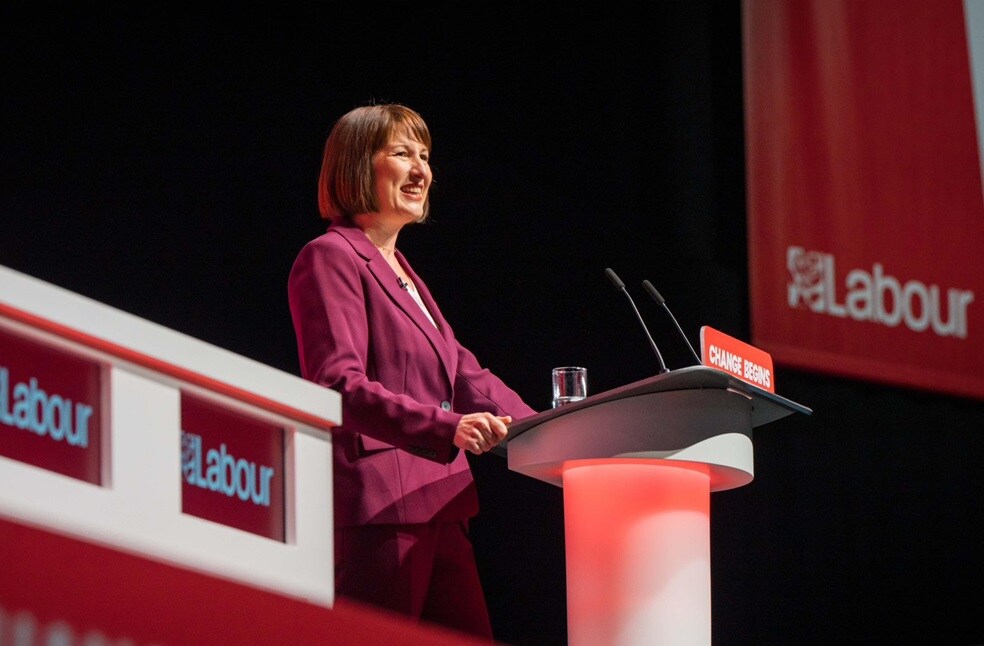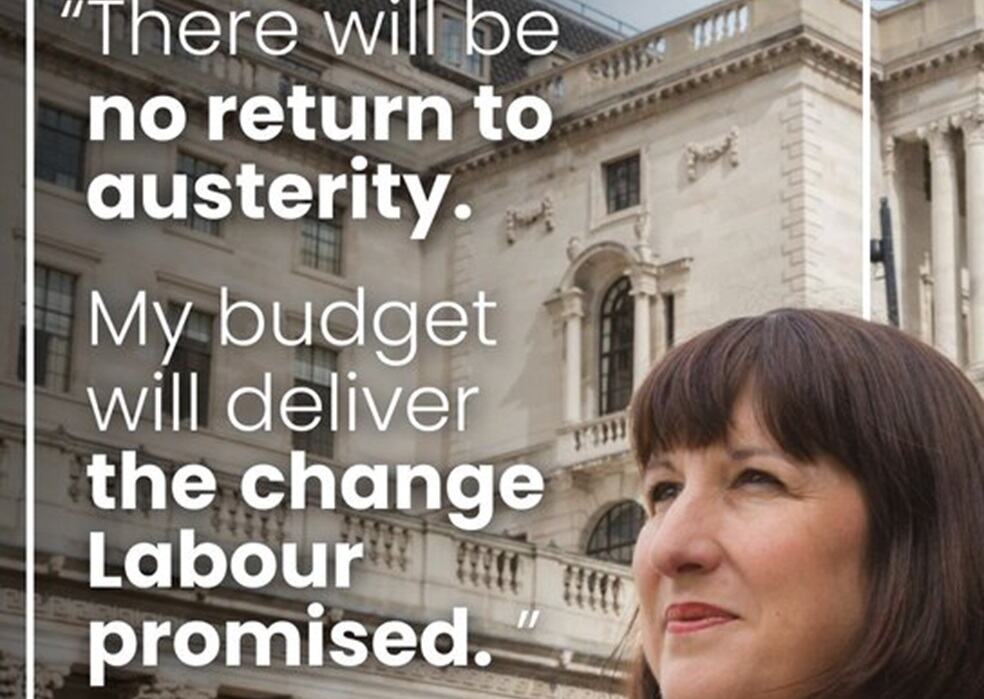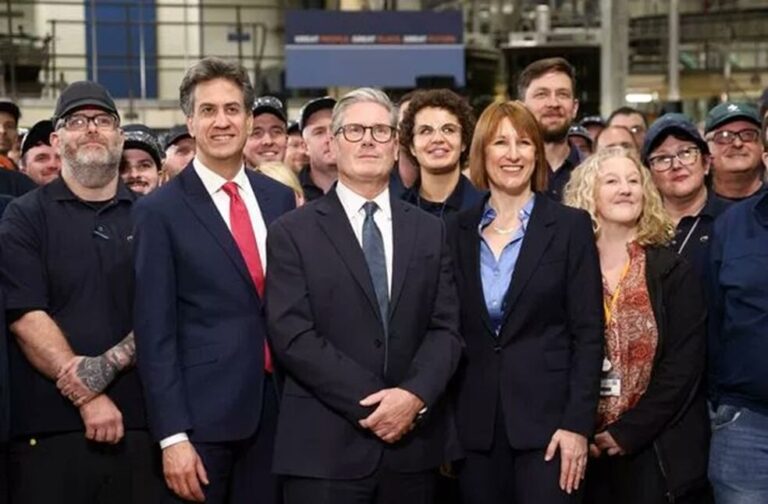London: All eyes are on British Finance Minister Rachel Reeves as she readies her debut tax and spending plan, set to be unveiled on October 30.
Central to her messaging is a familiar promise: this budget will prioritise the needs of “working people.” But as Reeves and Prime Minister Keir Starmer repeatedly invoke the term, questions arise- who exactly counts as ‘working people’?
Political Buzzword with History
In recent weeks, Reeves and Starmer have leaned heavily on the phrase, aiming to assure voters that looming tax hikes will target the wealthy, not ordinary workers. Starmer alone mentioned ‘working people’ 16 times during the Labour Party’s annual conference last month.
Yet, like previous political leaders, he left the term undefined, reflecting its long-standing yet ambiguous use in British politics.

Similar rhetoric dates back to former Prime Minister Tony Blair and his Finance Minister Gordon Brown, who championed hard-working families to distinguish Labour from a party focused on welfare.
In 2015, when Labour sought (unsuccessfully) to regain power, Reeves further emphasised this identity, stating that, “We are not the party of people on benefits.”
Alan Finlayson, a professor of political theory at the University of East Anglia, points out that, “Labour can no longer convincingly call itself the party of the working class-it sounds outdated.”
The tactic mirrors the 2010s “JAMs” (Just About Managing), a term popularised by former Prime Minister Theresa May. The Resolution Foundation, a think tank, estimated that six million households with low to middle incomes fit this category, exemplifying political efforts to relate to struggling families.

Budget Trade-Offs
Labour’s emphasis on ‘working people’ suggests an attempt to shield most households from the brunt of tax increases. Before the election, the party promised not to raise income tax, VAT, or national insurance taxes that make up the bulk of public revenue.
However, this leaves limited room to raise the funds needed for public services and infrastructure investments. The Conservative opposition was quick to accuse Labour of backtracking on campaign promises. Labour, in response, clarified that only ‘working people’ were guaranteed protection from tax hikes, leaving open the possibility of targeting businesses instead.
As Reeves’ first budget approaches, the message is clear: Labour hopes to balance its fiscal ambitions with a moral imperative to protect workers. Whether this strategy resonates with the public or becomes just another political slogan, remains to be seen.



